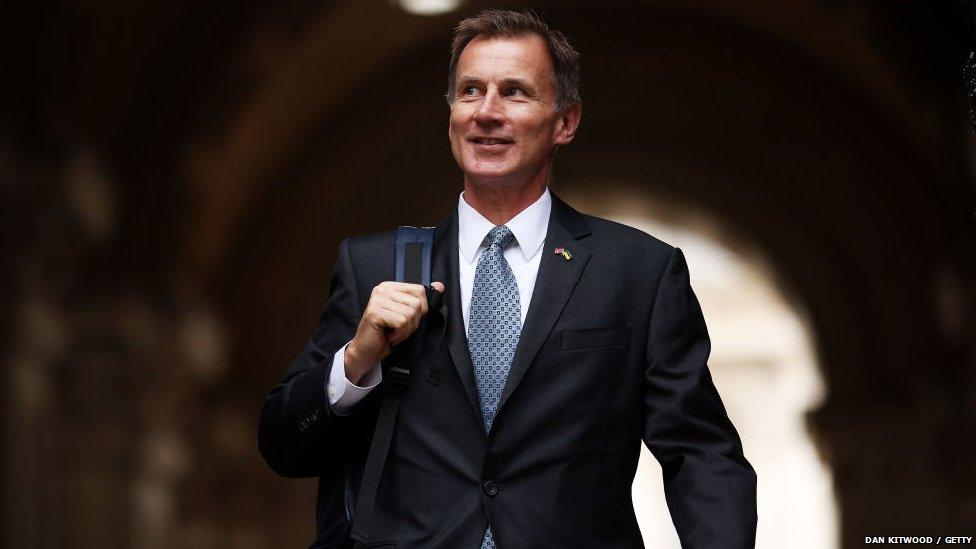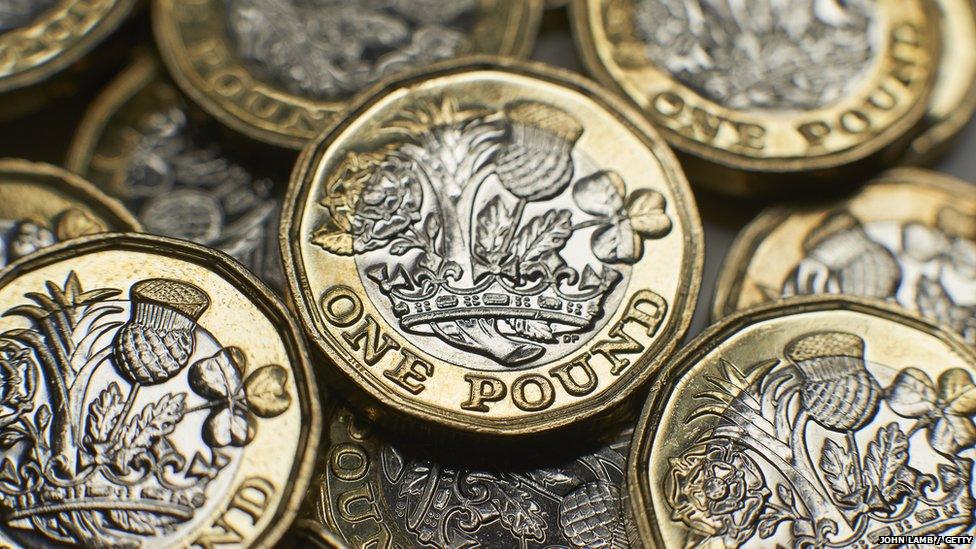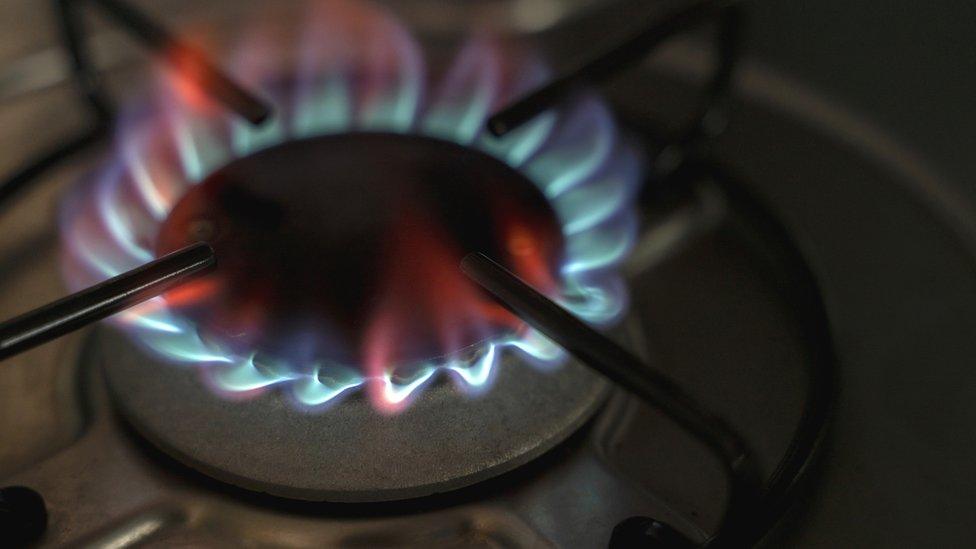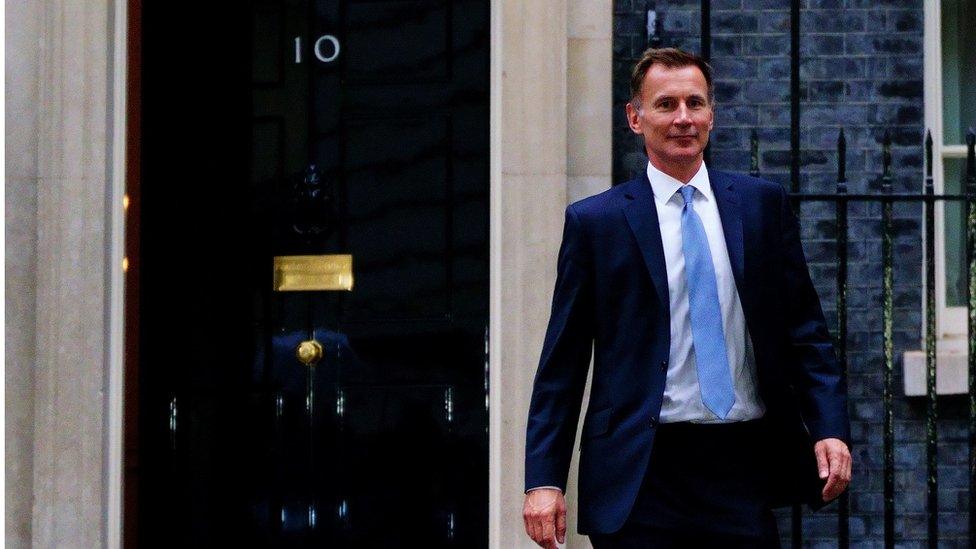Autumn Statement 2023: What's in the Chancellor's new budget, and what it all means
- Published

Jeremy Hunt, the man in charge of the UK's money, will be setting out his plans for the country's finances on Wednesday
On Wednesday the government will be setting out its plans for how it gets and spends money.
This usually happens at least once a year and is an important date in the government's calendar.
Jeremy Hunt, who is the current chancellor of the exchequer, will also give MPs an update on the country's finances.
The big focus for this year's budget, known as the Autumn Statement, is the ongoing cost of living crisis. Prices of things are still increasing, meaning people do not have as much to spend as they did.
Lots of tax rises and spending cuts were introduced by the chancellor under the last budget to try and tackle this problem and help mend the nation's finances.
Mr Hunt will be delivering this year's Autumn Statement in the House of Commons and the speech usually happens at lunchtime.
What is a budget?

We all make budgets, but the one the government is responsible for affects us all
A budget is a plan for how to spend money. Families can have a budget - you start by looking at how much money you make, and then figure how much you can afford to spend on things like groceries, energy bills and fun activities.
Governments also have budgets, but they're on a much bigger scale.
They can get money in a few different ways, but mostly it's from taxes. This is money that a government takes from people and businesses.
They then use this money to pay for things like hospitals, schools, the military and the police.
Income tax: Everyone in the UK who earns money has to pay some of that money to the government. Most people have to pay about a fifth, but richer people pay more
VAT: You pay tax when you buy things. You may not realise it but 20% of the cost of many things goes to the government as VAT (Value Added Tax)
Duties: These are extra taxes charged on certain things like cigarettes, alcohol and petrol. Most of the money people pay for these goes to the government as 'duty'
Why is this budget important?

Energy bills have gone up over the last year a result of the cost of living crisis
This Autumn's budget is a big deal as inflation, which is when the cost of things we purchase - like food - increases, is still quite high.
High inflation rates can put a big strain on people's spending, especially if wages from jobs aren't increasing.
Although the rate of inflation has fallen a lot compared to a year ago, many households are still struggling with money.
The Bank of England, which is the UK's central bank, has increased interest rates 14 times since 2021 to try to get inflation under control.
Interest rates, which determine how much it costs to borrow money, can be used to try and limit spending which then brings inflation down. However, there are concerns the increases in interest rates have had a big impact on the UK's economic growth.
The Bank of England has said the UK is unlikely to see any economic growth until 2025, and that interest rates will remain high - and may even rise further.
What is going to happen?

This is Jeremy Hunt, our current Chancellor
We don't know everything that's going to be announced, but we do know Jeremy Hunt is under pressure from the Conservative party to cut taxes.
He's said he wants to put the UK on "the path to lower taxes" but will "only do so in a responsible way" that does not "sacrifice the progress on inflation".
Some parts of Wednesday's budget will affect the whole of the UK, but not all of them will - the governments of Scotland, Wales and Northern Ireland also make some tax and spending decisions independently.
